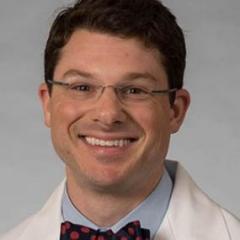Dementia Care
Field: Neuroscience
Location: Ochsner Clinical School
Type of student:
- PGY1
- PGY2
Type of work:
- Chart reviews
- Literature review
- Secondary data analysis
- Systematic review
Brief synopsis:
Alzheimer’s and related dementias (ADRDs) are becoming one the largest public health issues of our time. With the population living longer and longer, this leads to greater incidence of ADRDs. Because people with dementia (PWD) endure progressive functional and cognitive decline, this leads to demand more from the US health care system that is not well positioned to care for them and their caregivers. This is due to an inadequate number of specialists, limited training for primary care providers, insufficient financial support to expand dementia care, and lack of coordinated care for PWD who need a team approach to manage multiple issues.
Programs designed to enhance patient care coordination (e.g., getting the right care at the right time) and caregiver education/support (e.g., connect them with resources to improve burden) can improve quality of life and the cost of care for health systems. The University of California, San Francisco (UCSF) piloted the Care Ecosystem (CE), a patient- and family-centered model of dementia care designed to improve quality of life for PWD and their caregivers while also being financially feasible.
Ochsner’s Cognitive Disorders and Brain Health Program has implemented Care Ecosystem with over 100 participants enrolled. The Care Ecosystem provides education and support to persons with dementia and their care partners to improve the care at home and decrease the need for risky, expensive emergency, or hospital-based services. This includes discussions and education about managing difficult behaviors, safety (e.g., use of technology, fall prevention), and advice about care partner well-being, in addition to resources related to advanced care planning and local community services.
Website links:

